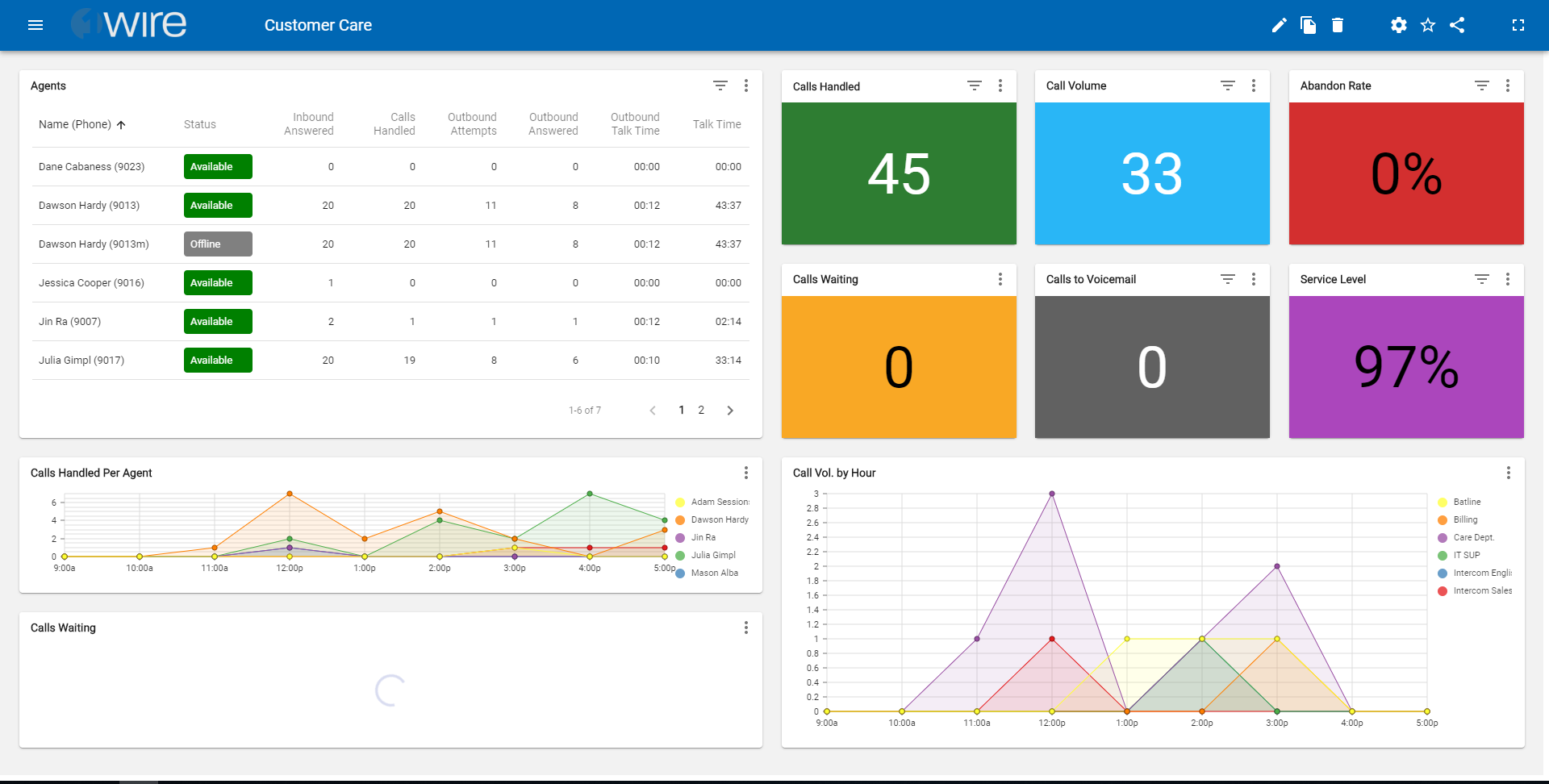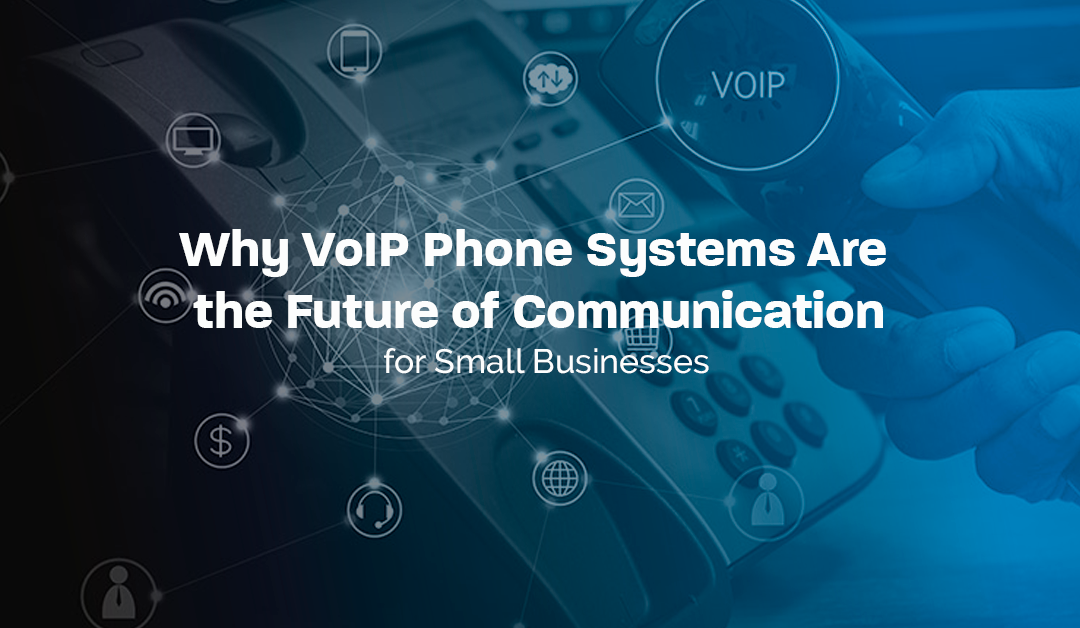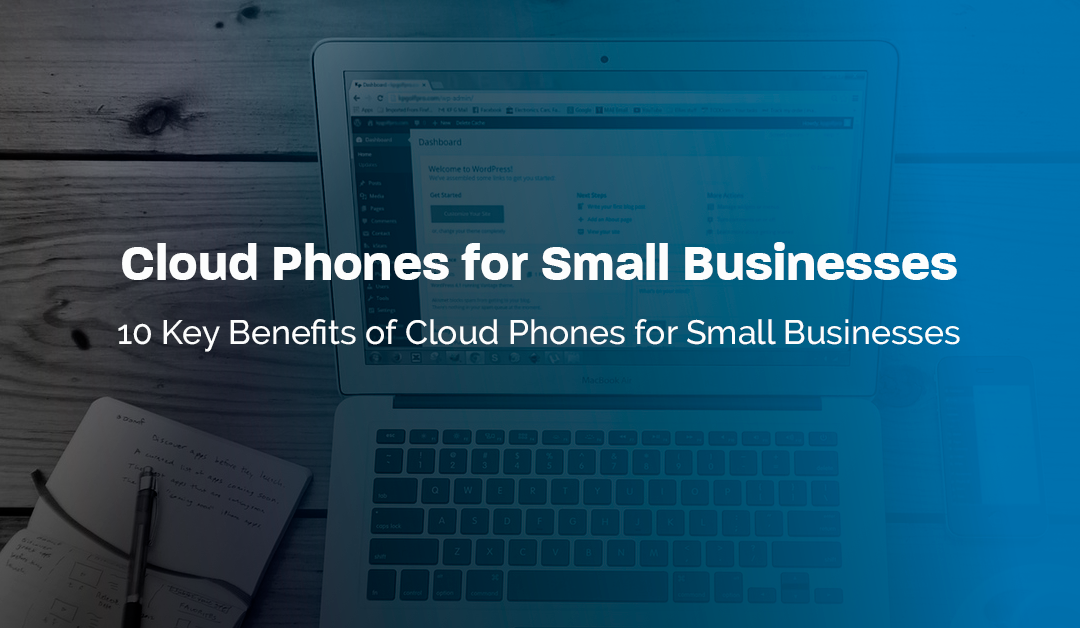Cloud computing is speeding up today’s enterprises by providing more flexible and cost-effective solutions. Business communications, as a critical component of every organization, is also embracing this innovation. Cloud phone solutions are becoming more widely available from a growing number of service providers for enterprises of all sizes. This blog post will explain all you need to know about cloud phone systems, from what they are and how they function to why and how to choose one.
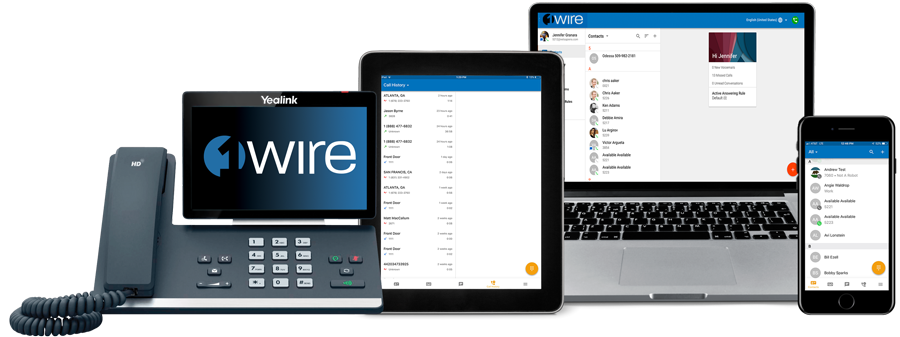
What are Phone Systems in the cloud and how do they work?
Cloud phone systems (also known as a cloud PBX, hosted PBX, or hosted phone systems) is a VoIP phone system that uses a cloud-based IP network to communicate. It’s offered totally through the Internet and controlled fully off-site, reducing upfront telecommunications infrastructure expenses. The deployment and setup are simple and rapid, saving businesses money on IT costs. Typically, you can get cloud phone service from a service provider and pay on a monthly subscription basis.
The flow of phone systems in the cloud are depicted in the diagram below:
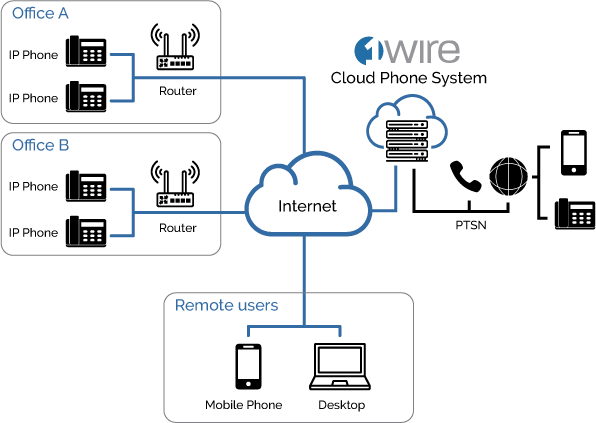
With a cloud-based business phone system, you make and receive calls using IP phones, mobile phones, or other devices, and the voice traffic is transported through an Internet connection that is connected to cloud-based data centers.
What Are the Advantages of Using a Phone systems in the cloud?
For a variety of reasons, savvy businesses are making the switch to cloud phone systems.
- Cost Savings
- Easy to Scale
- Pay as you grow
- Little Technical Requirements
- Quick Setup
- Use on Multiple Devices
- Geographical Flexibility
- Improved Collaboration
- Call Reporting Analytics
- CRM Integrations

Cost Savings
Every firm, particularly smaller businesses, strives to reduce operating expenses as much as possible. A cloud phone system is a cost-effective alternative since it eliminates the need for large upfront expenditures in equipment as well as ongoing maintenance costs. The IP phones are usually the only capital expenditure in most cloud phone system deployments. The majority of cloud phone systems function on a per-user basis, allowing organizations to scale up their capacity by simply acquiring additional licenses. The system is constantly ready to expand along with your company. On a per user fixed cost price plan, a company’s phone system is more predictable, and their budget is better controlled.
Maintenance and administrative requirements are minimal.
A cloud phone system, which is hosted off-site and maintained centrally by phone service providers, requires less technical skills and IT employees from clients to set up and configure. The customer’s obligation for maintaining and keeping the system up to date is transferred to the service provider. This way organizations can maintain an always-up-to-date phone system without allocating funds or resources to do so. A cloud phone system’s management is also simplified as long as you have an Internet connection, which is very handy for businesses with several locations. With a few clicks, an IT administrator may update user settings via the web interface at any time and from anywhere.

Geographical Flexibility & Mobility
Headquarters, branch offices, and teleworkers can all be united with a cloud phone system, sharing the same features and ensuring company continuity. For remote employees, the workplace is anywhere they want it to be as long as they have access to the Internet. Some cloud phone system providers provide free softphone programs that allow employees to make and receive calls using not only IP phones, but also computers and cellphones as office extensions, allowing them to work from home, on the road, or as a full-time remote worker. Furthermore, cloud phone systems make it simple to link geographically distributed workplaces under a single phone system, and the administrator can control it from anywhere.

Unified Communications is a bonus.
The cloud phone system is an excellent unified communications enabler. The goal of unified communications is to consolidate a plethora of communication channels and alternatives into a single point of entry. By allowing institutions and consumers to utilize their chosen channels, cloud unified communications allows for more consistent and convenient communication. For example, if you are on a phone call using your web-based or desktop softphone and need to leave for a moment, you can forward the call to your mobile phone and continue the discussion instead of hanging up. Instant messaging, presence, CRM integration, and other collaboration features are available from several providers.
Cloud Phone Systems Have Some Useful Features
Leading cloud phone service providers include limitless advanced services like auto attendants, conference calls, voicemail, and call queue in your monthly subscription. For your convenience, below are some of 1Wire Cloud Phone System’s most popular functions:
Call Forwarding
Call forwarding is a fundamental function of a phone system that allows an incoming call to be sent to a specific destination under various situations such as “When Busy,” “No Answer,” and “Always.” You can, for example, opt not to answer a call and instead send it to a colleague or voicemail.
Auto Attendant
Interactive Voice Response [IVR] is an automated system that uses pre-recorded messages to connect with incoming callers. Users will be directed to suitable departments or recipients using touch-tone keys or voice instructions. Auto Attendant provides a seamless experience for your consumers while also saving time for your employees.
Email to Voicemail
Voicemail to email transmits your voicemail messages as an audio file attachment to your email in real time. This allows you to access and listen to your voice messages from anywhere using a computer, smartphone, or other internet-connected device.
Conference
You may start an immediate meeting with ad hoc conferencing no matter where you and your colleagues are. To invite your colleagues to the meeting, all you have to do is enter their phone numbers. All invited attendees will be contacted instantly and will simply need to pick up the phone to join the meeting.
CRM Integrations
When you integrate your cloud phone with your favorite CRM or helpdesk, you now have all the right info in one place.
- Access to amazing features, like Screen pops, Call logging and click to call.
- Simple setup with Chrome extension and simple login.
- Call monitoring, auto inbound call capturing and performance analytics.
Is a Cloud Phone System Right for You and When Is a Good time to Switch?
A number of businesses are now using cloud phone systems. Some people are assisting with the migration. Others, on the other hand, choose to continue using an on-premises PBX phone system. The problem is that there isn’t a better alternative in the end. Every business has its own set of criteria based on its size, demands, and budget, so choose the one that best fits your needs.
Here is a list of businesses that might find a cloud phone system a perfect fit:
- Businesses with a shortage of IT personnel and a want to avoid maintaining PBX equipment
- Seasonal enterprises with varying communication requirements
- Companies with several locations
- Start-ups that are rapidly expanding and have unforeseeable future capacity requirements
- Companies with a large number of teleworkers and remote workers
- Companies that do not have access to standard office space
It’s not difficult to make the switch to a cloud-based phone system. It’s critical to assess your needs and the primary benefits of your selections before making the switch:
- What is the expected number of employees on your system?
- Do you foresee a surge in user numbers in the near future?
- How advanced are your call management requirements?
- What is the procedure for getting started and how much does it cost?
- What devices will you be able to utilize with the new cloud phone system?
- Are there any usage-based costs on top of the monthly rate?
- Do you use any other cloud-based services, and if so, how well do they connect with your cloud phone system?
Conclusion – 1Wire phone systems in the cloud are designed to reduce costs, increase productivity and grow with your business.
Comparing several VoIP providers and deciding on one is a difficult undertaking. 1Wire is here to help you build a cloud phone system that is right for you today, and grow with you tomorrow.



